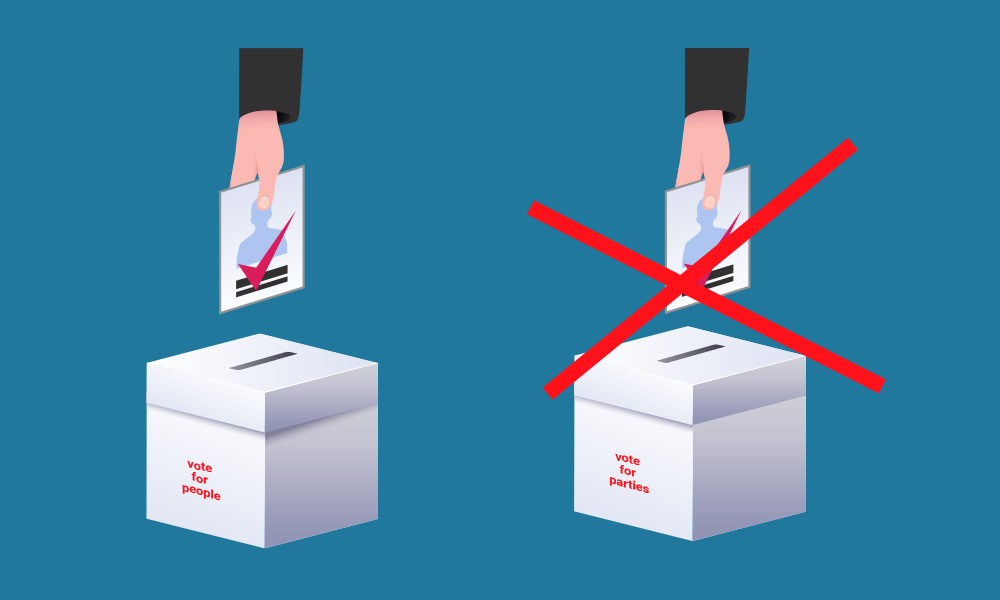Where has this year left me politically? It’s been a long, hard road understanding where I stand in relation to Israel’s choices, and ultimately what it means to be an Israeli. I didn’t expect that. When I decided to move to Israel in 1971 at the age of 22, it seemed there was nothing much to know. Israelis loved their little country. They were patriotic, devoted to the Israel Defense Forces (IDF) that protected them.
Yes, there were gripes: the have-nots, mostly Sephardim from Arab lands, against the elite Ashkenazim who held all the wealth and political power. But as for our Arab neighbors, we wouldn’t bother them as long as they didn’t bother us. This benign attitude, I think, was the outcome of our decisive victory in the Six Day War. Israelis felt secure.
Living over the mythical Green Line in a dusty new Jerusalem suburb built by the Jewish Agency, I interacted cordially with the Arab workmen all around us. I remember once giving one of them a box of chocolates and receiving in return a huge box of grapes fresh from his West Bank vineyard.
The sirens on October 6, 1973, the afternoon of Yom Kippur, woke us from our fantasy of peaceful coexistence. While the Yom Kippur War did not target civilians, not a single Israeli emerged unscathed. Over 20 days, the casualties were enormous: 2,656 dead, all soldiers. Israel might well have lost that war if not for the enormous airlifts of equipment from the United States—Richard Nixon coming to the rescue as much to thwart the Russians supplying Egypt and Syria as out of love for the Jews. This realization of our vulnerability, I think, changed politics in Israel forever.
We had all lost faith in our government. The old regime was voted out, and Menachem Begin was voted in: the ultimate political outsider, labeled a radical and a terrorist, who had driven out the British with the bombs the Palmach had opposed. In the greatest of ironies, this change seemed to usher in the peace movement, with the historic visit of Anwar Sadat. Only Begin had the credibility to convince skeptical Israelis that peace with Egypt was possible.
The successful Camp David Accords, the first peace agreement between Israel and an Arab neighbor and avowed Muslim enemy, gave us hope—ultimately, false hope. Even though there was nothing remotely similar between the sincerity of the Egyptian president and the murderous intentions of unreformed terrorist Yasser Arafat, many Israelis, sick of constant war, soon after bought into the false narrative of the doomed Oslo Accords.
“I don’t much trust any Israeli politician anymore, from either side.”
By this time, Israelis were deeply, viciously divided. I remember so many discussions—with my secular, Sephardic gardener, with my religious neighbors, with my readers—each one of them absolutely, sincerely committed to supporting or opposing this movement. There were those who wholeheartedly, with messianic fervor, trusted Yitzhak Rabin and Shimon Peres to finally usher Israel into a “new Middle East”—and those who, like myself and especially the widely vilified “settlers” making their homes in the West Bank, pleaded in vain not to trust Arafat.
Concessions lead to apocalypse
Unlike the peace that followed the agreement with Egypt, the Oslo Accords ushered in the worst period of unrest and terror I had ever experienced in Israel: mass deaths by suicide bombings and the tragic, shocking assassination of Yitzhak Rabin. For me personally, it nearly ended in an apocalypse with the shocking 2002 Passover massacre. Miraculously, I, my Holocaust survivor in-laws, my husband, two sons and new daughter-in-law found ourselves exiting the bombed-out Park Hotel unharmed. Only later did a reporter reveal to me that the second suicide bomber—meant to blow up our floor—got a stomachache and didn’t show. I guess you could say my fears had been justified.
Still, the land-for-peace movement redoubled its political efforts: The reason for terrorism, they were convinced, was that we just hadn’t given up enough land to appease our Palestinian haters. Unbelievably, it was their opponents in the Likud I had voted for who enacted the “disengagement” from Gaza, forcibly removing every peaceful and productive Jewish settlement there. They left it to the Palestinians, who promptly elected Hamas. This ultimate betrayal came home to roost on October 7.
Truthfully, I don’t much trust any Israeli politician anymore, from either side. Now, I vote for people, not parties. As for the unity one would have expected in Israel after October 7, that too has proved shockingly ephemeral, as thousands of Israelis now take to the streets to support capitulation to Hamas’s demands. (I know, I know…the hostages. Let’s save them and endanger nine million Israelis.) As FDR said about fighting the Nazis: “Peace will only come when one side surrenders to the other.” For me, the ultimate lesson learned from October 7 is this: Until there is unified recognition by all Israelis that every Israeli concession to Palestinian demands over the years has ushered in more terror, more Israeli deaths, the country will remain divided.
Naomi Ragen is a novelist living in Zichron Yaakov, Israel.




Sadly, I agree. I find myself against Netanyahu in every other respect, but any victory short of total surrender and disarmament is a false one. Let there be apartheid — a chosen one.